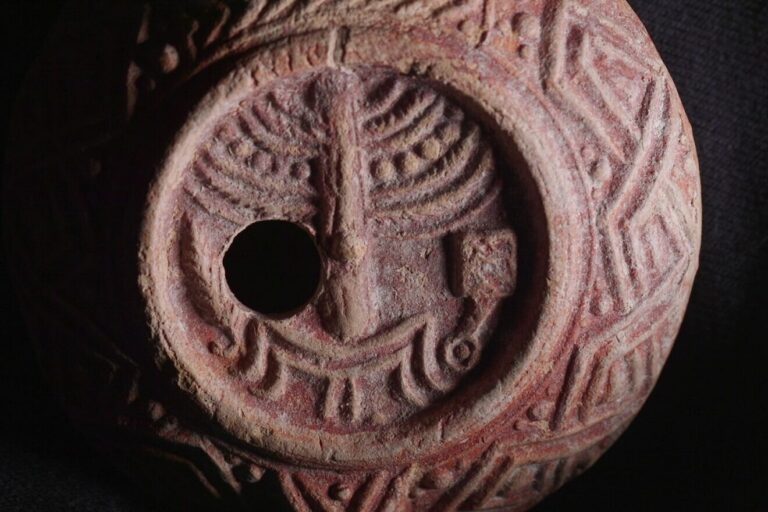 A divided Illinois Supreme Court has again rejected a $10.1 billion class-action judgment against Philip Morris over its past efforts to market “low-tar” and “light” cigarettes as healthier alternatives.
A divided Illinois Supreme Court has again rejected a $10.1 billion class-action judgment against Philip Morris over its past efforts to market “low-tar” and “light” cigarettes as healthier alternatives.
The 4-2 ruling, released Wednesday, vacates a 2014 decision by the state’s 5th District Appellate Court to reinstate a 2003 verdict by a county trial court in the southwest part of the state. The Illinois Supreme Court first overturned the Madison County court’s decision in 2005.
The lawsuit, filed on behalf of hundreds of thousands of Illinois smokers, was one of the nation’s first to accuse a tobacco company of consumer fraud. It claimed that Philip Morris deceptively marketed “light” and “low-tar” Marlboro cigarettes as a healthier alternative. The U.S. Food and Drug Administration now bars cigarette makers from labeling their products with such terms.
Wednesday’s ruling still allows the plaintiffs to directly appeal to the state Supreme Court to reinstate the award.
The state’s high court has cited previous support by the Federal Trade Commission for categorizing certain cigarettes as safer substitutes. The U.S. Supreme Court has ruled in favor of three Maine residents who said smokers should be able to use state consumer protection laws to sue cigarette makers over their promotional efforts.
An official affiliated with Philip Morris’ parent company said the ruling “effectively wipes away the last seven years of court proceedings and requires the plaintiffs to start from scratch.”
“The court held that the plaintiffs filed the wrong motion in the wrong court,” said Murray Garnick, senior vice president and associate general counsel for Altria Client Services, which represents Richmond, Virginia-based Altria Group Inc.’s subsidiary Philip Morris.
Attorneys with the St. Louis law firm that represented Illinois smokers did not immediately respond to a request for comment.
The case led to aggressive efforts by plaintiff’s attorneys to oust Illinois Supreme Court justice Lloyd Karmeier, whom they wanted recuse from the suit because he received campaign donations from Philip Morris and its supporters in 2004.
Karmeier, who declined to step aside, won a November 2014 retention election in which he finished less than 1 percentage point above the needed 60 percent approval threshold. Plaintiffs’ attorneys and law firms spent more than $1 million fighting Karmeier’s re-election.
(AP)










